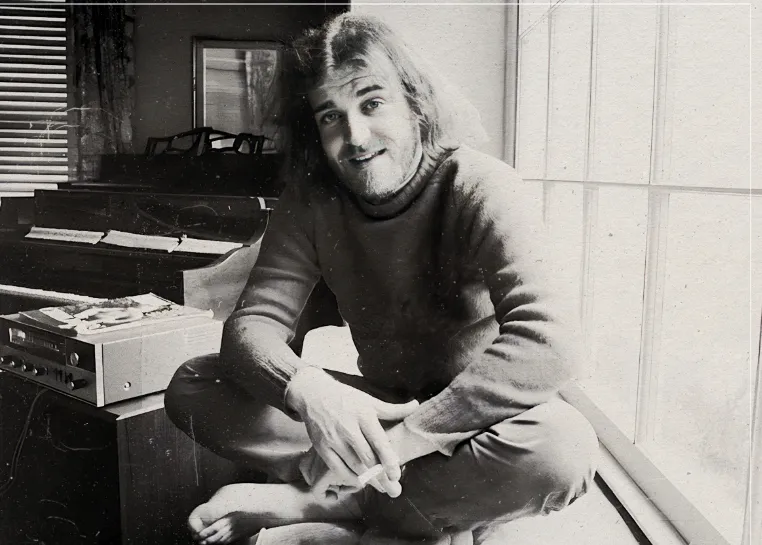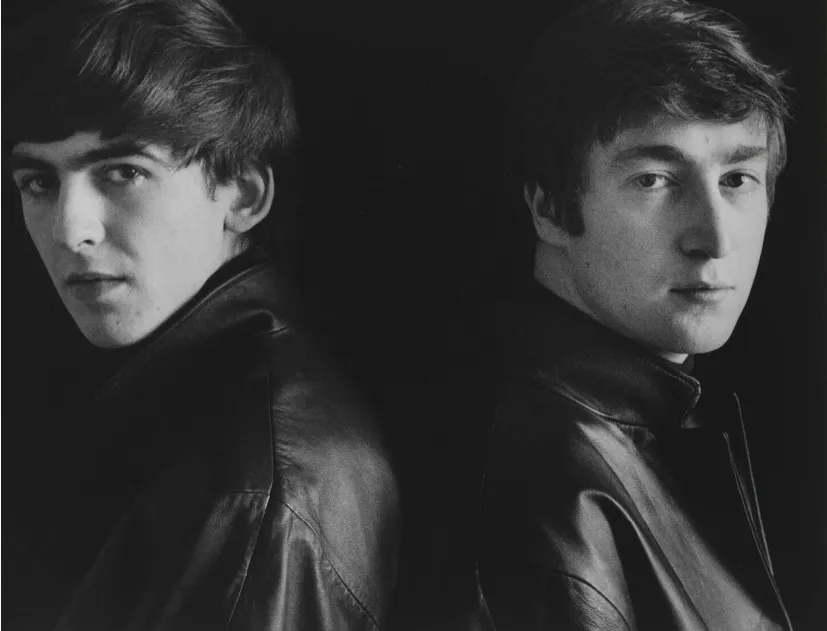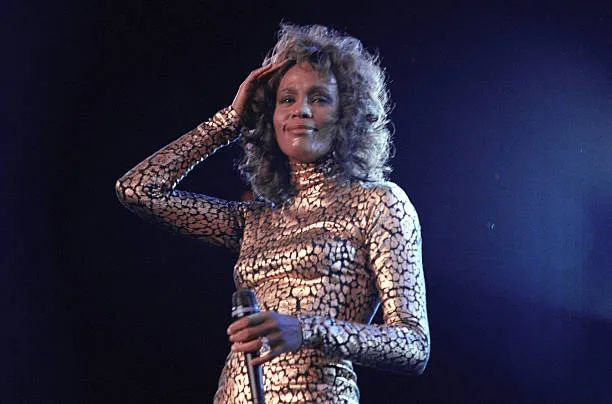Of all the drugs, celebrity status seems to be the most powerful and, hence, dangerous. In David Bowie’s 1975 song ‘Fame’, a collaboration with John Lennon, he discusses the titular concept’s double-edged sword over a funky rhythm. Fame “drives you to crime”, “makes a man take things over”, “puts you there where things are hollow”, and makes it difficult to keep “sane”. Lennon and Bowie were well-placed to examine such a topic, and sadly, they weren’t alone.

Famously, Bowie struggled throughout the 1970s with a spiralling cocaine addiction. The drug helped the Starman through busy touring and social commitments, ensuring that his introspective tendencies were always subdued. Ultimately, he initiated his own intervention when departing the US for mainland Europe with Iggy Ppop in 1976. Likewise, John Lennon endured his share of manic ups and crashing lows throughout the 1970s.
Towards the end of his time with The Beatles, Lennon became increasingly withdrawn as he and Yoko Ono began to focus on artistic expression outside of the band. In his debut solo album, John Lennon/Plastic Ono Band, the former Beatle embraced more grounded and sobering themes, including his own childhood trauma, religion, fame and politics. All the while, he and Ono grappled with heroin addiction.

After a spurt of successful albums in the early 1970s, including Imagine and Mind Games, he faded from the limelight. In 1973, Lennon entered into what he retrospectively called his ‘Lost Weekend’. The precarious period saw the musician part from Ono to pursue a love affair with personal assistant May Pang. Though it was nicknamed a ‘weekend’, the period lasted 18 months, which Lennon came to regret as he returned to Ono.
After releasing Rock ‘n’ Roll in 1975, Lennon disappeared from the public eye to devote his time to Ono and his second son, Sean Ono Lennon. For much of the late ’70s, Lennon and his family were based on the East Coast. “My father had an old Wurlitzer in the game room of our house on Long Island. It was filled with 45s, mostly Elvis and The Everly Brothers,” Sean recalled while speaking to Rolling Stone in 2006.

Although Lennon remained mostly faithful to his tastes in classic rock ‘n’ roll of the 1950s and ’60s, he opened his ears to contemporary music, too. “The one modern song I remember him listening to was ‘The Tide Is High’ by Blondie, which he played constantly,” Sean added. “When I hear that song, I see my father, unshaven, his hair pulled back into a ponytail, dancing to and fro in a worn-out pair of denim shorts, with me at his feet, trying my best to coordinate tiny limbs.”
When Ramones and Sex Pistols brought the punk wave into full swing, Lennon kept his finger on the pulse but seemed more interested in the new wave and post-punk off-shoots. “I love all this punky stuff. It’s pure. I’m not, however, crazy about the people who destroy themselves,” he told Playboy in 1980.
When it came to American new wave music, Lennon took a particular shine to The B-52s and Blondie. After hearing the latter’s 1979 single ‘Heart of Glass’ for the first time, he sent a postcard to Ringo Starr, in which he wrote, “Blondie’s ‘Heart Of Glass’ is the type of stuff y’all should do – Great + Simple”.

Lennon heard The B-52s for the first time in Bermuda, where he was working on the songs for his final album, Double Fantasy. The song proved instrumental in his short-lived musical comeback. “I was at a dance club one night in Bermuda,” Lennon said in an interview with Rolling Stone recorded on December 5th, 1980, just three days before his death.
“Upstairs, they were playing disco, and downstairs, I suddenly heard ‘Rock Lobster’ by The B-52s for the first time. Do you know it? It sounds just like Yoko’s music. I said to myself, ‘It’s time to get out the old axe and wake the wife up.”
Lennon went on to claim that his tastes in contemporary music were somewhat diverse. He seemed to hunt out the hits rather than focus on any one album. “I like all music, depending on what time of day it is,” he mused. “I don’t like styles of music or people per se. So I can’t say I enjoy the Pretenders, but I like their hit record.



